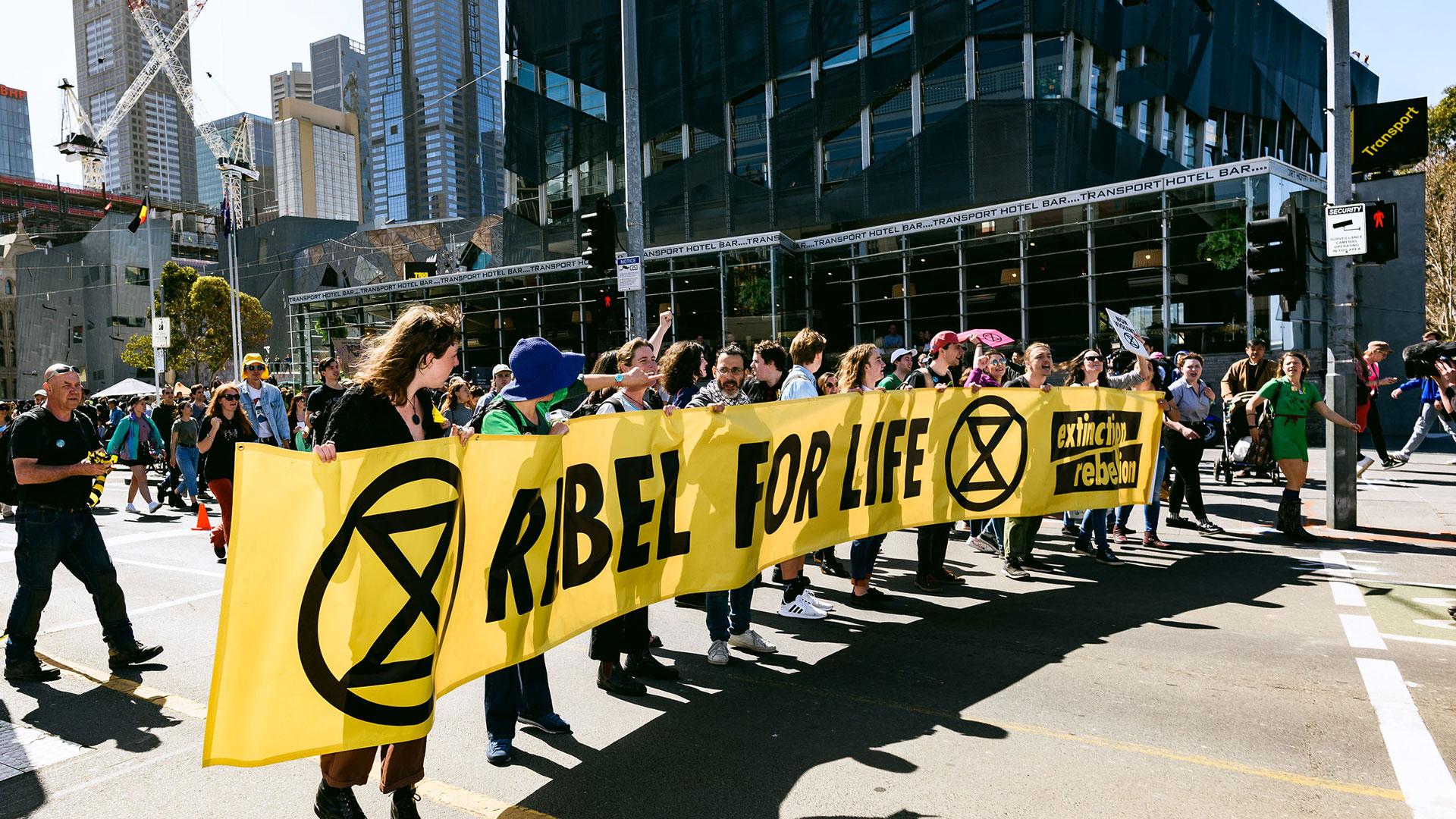Just under five years ago, I wrote a short piece for the Big Issue expressing my anger at the lack of international action to combat climate change, especially given its effects would fall most harshly on my generation.
At the time, I was studying for my GCSEs and Spurs – my team – were challenging for the Premier League title. So much has changed for me since then; I am now well on the way to graduating from university and Spurs have just scraped into sixth place. More importantly, the current pandemic has shaken governments and societies, left hundreds of thousands of people dead, and seen (in some cases) vast resources mobilised to counter its effects.
Before writing this piece, I went and found that first article. Stuff from your childhood often seems quaint, possessing a sense of familiarity but also of remoteness. Although it was not very long ago when I was excitedly buying the edition which my article featured in from Jane, my local Big Issue vendor, the changes in my life since meant the physical magazine did hold that distant, sepia-like quality. Yet opening it and rereading what I had written dissolved any sense of a time removed.
It was nothing distinctively prescient or piercing that shook me out of my nostalgia. All of that had been written long before, by the grandfathers of climate science such as Guy Stewart Callendar and Charles Keeling. My teenage polemic, which I remembered as a great journalistic endeavour, was little more than a rehearsal of the classic warnings regarding global warming and its accompanying effects.
In fact, it sat very comfortably on the trendline of climate concern. It was the apparent lack of imagination and profundity that made the article so sinister. Its warnings were stark, but its nature was everyday. Teenage me did not need any great inspiration to say what nearly everyone was – and is – saying.

Following the pattern of global warming itself, there has been a steady acceleration in the worldwide consensus about the urgency and seriousness of the climate crisis. Greta Thunberg and Extinction Rebellion [pictured above] have recently captured the popular imagination, especially of the global North, in a way that has rarely been seen before in climate politics. According to a recent poll by the Pew Research Centre, reported in the Washington Post, nearly two-thirds of Americans (the nationality perhaps most commonly associated with climate change denial) want the federal government to do more to combat climate change. Climate concern is now distinctly unremarkable. Why, then, is not more being done?









